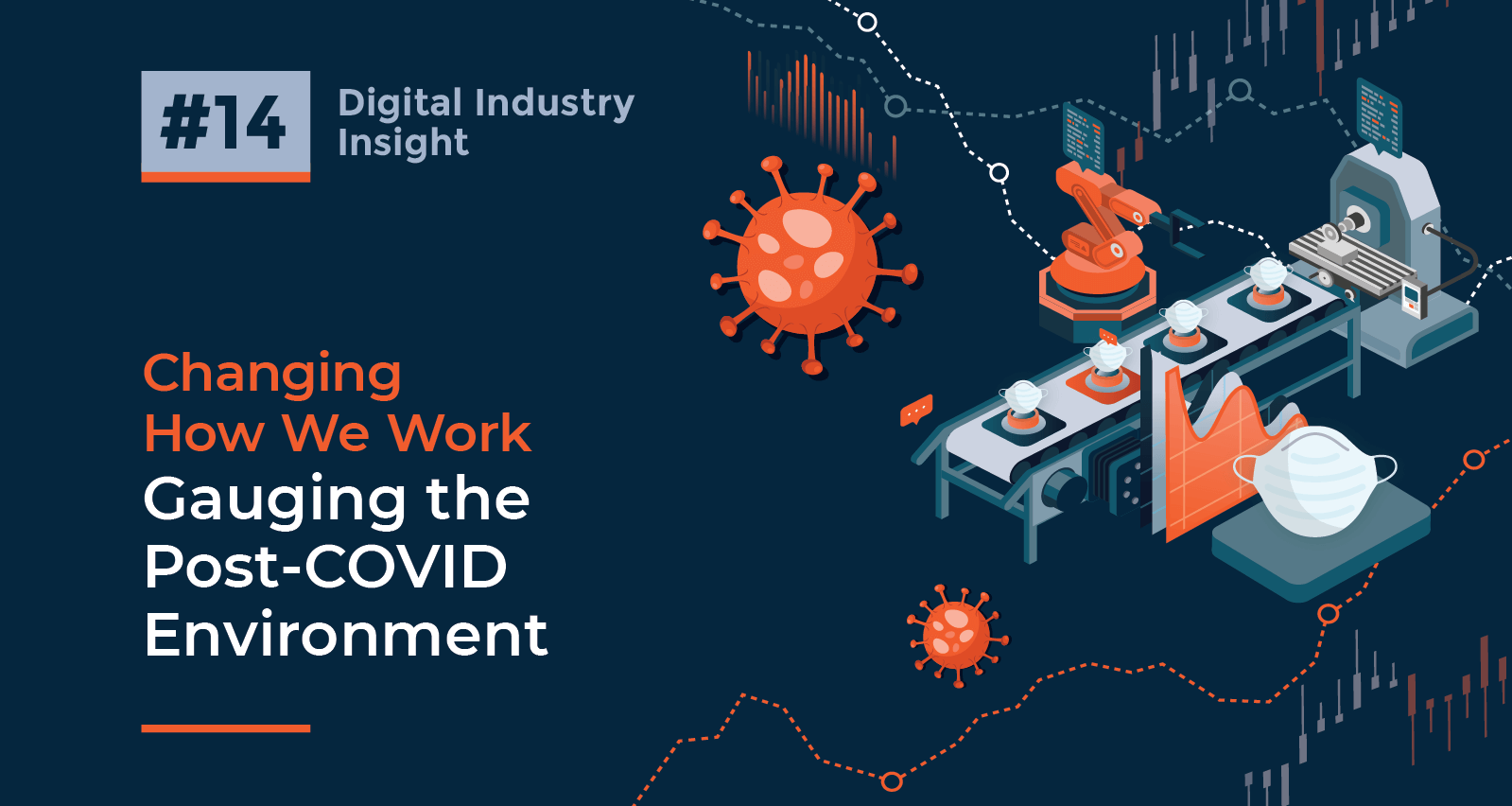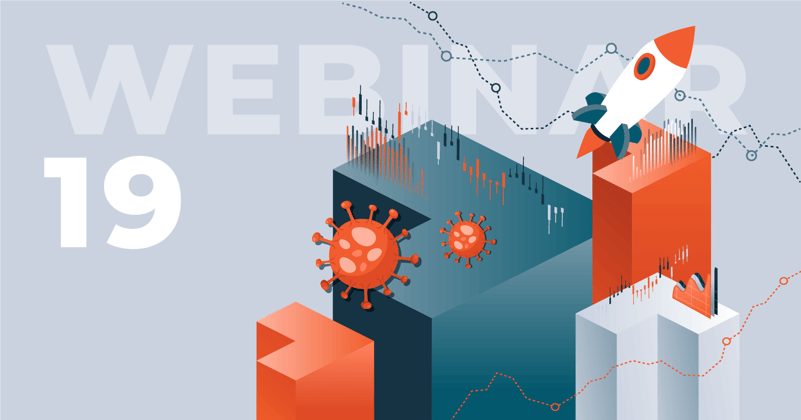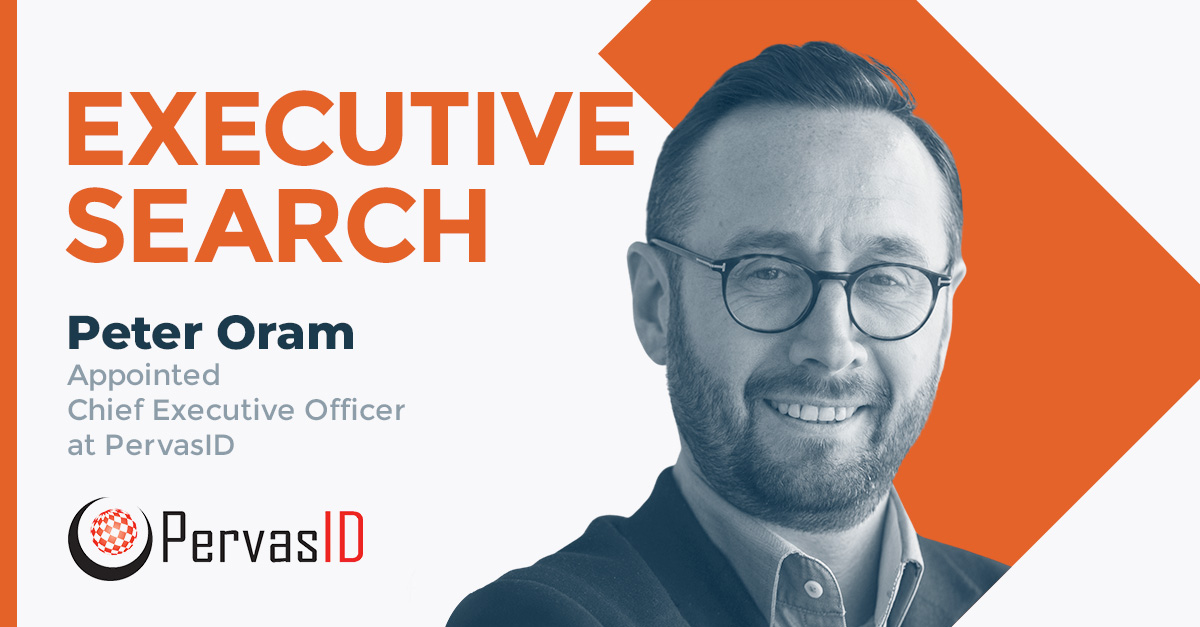Digital Industry Insight #14
Changing How We Work – Gauging the Post-COVID Environment
Richard White

There are myriad ways that the COVID-19 crisis and global lockdowns are impacting businesses and industries. Social distancing forces behavioral changes that impact how employees do their jobs, how customers choose to interact with businesses, how tasks are re-evaluated and re-factored, and what skills will be needed in a Post-COVID world. It’s reasonable to expect that once government restrictions are lifted on public gatherings and non-essential businesses that some behavioral changes will linger and shape the nature of talent and human capital management well into the future.
The Service-Oriented Economy Elevates the Value of Talent
Looking back before the COVID-19 pandemic emerged, there were a number of powerful trends shaping the workforce, and how companies managed their talent. One of the notable shifts that has taken place as businesses increasingly become service-oriented and “asset-light” is the growing proportion of intangible value in the economy. Employees – and their unique talents – become increasingly critical value drivers for companies across industries. Software companies as a rule operate with assets that “drive in and out of the parking lot every day” (the employees are the assets, in other words). As software becomes a bigger part of industrial companies, so too the value of the workforce moves to the fore.
Digital transformation was already creating new demands, compelling greater cross-disciplinary fluency among Operational Technology and IT workers. New roles such as the Chief Digital Officer, and Chief Transformation Officer emerge to address new challenges. The adoption of mobile technologies hastened the rise of “sharing economy” businesses such as ride-sharing, delivery services, AirBnB, and other businesses. This paradigm extended to co-working spaces, which saw a huge boom catering to startups and small businesses. The coming of age of the millennial generation saw the emergence of “digital nomad” lifestyles that allow people to work from anywhere and travel. Also characteristic of the millennials is the growing focus on corporate social responsibility in order to attract and retain talent. Up until early March of this year, the labor market at least in the US was tight with unemployment at historic lows.
What’s changed?
The sudden onset of the COVID-19 crisis has had a cataclysmic impact on whole categories of employment. Any business that involves large numbers of people congregating in close proximity has been severely disrupted – bars and restaurants, entertainment, sports, travel, and hospitality – as well as personal services on a smaller scale. While essential industries are still functioning, there’s heightened awareness of the need to maintain social distance whenever possible. There has been a plethora of furloughs and layoffs rippling across retail, travel, and other industries as businesses gird for severe declines in demand and revenues.
Some industries, such as digital businesses, consulting, financial services, and e-commerce (except for warehousing functions) have been able to transition workers to remote work arrangements. For many businesses, accelerating the adoption of Digital Business becomes imperative. Eat-in restaurants are adapting to delivery and pickup models, and retailers are ramping up their online capabilities. For industrial firms, there’s imperative to leverage technology to reduce unnecessary human contact, as remote monitoring, predictive maintenance, and drones reduce the need for workers to be in the field – and also improve efficiency as well.
What does the future hold for talent?
As global pandemic crisis measures recede, the safety and health of the workforce will remain imperative. Highly skilled workers will increasingly be able to determine where they live and work – with the rollout of 5G Networks – anyone with a fast internet connection should be able to bid their services anywhere. Businesses are going to need to accommodate policies and tools that enable flexible, remote work – this is critical to retain and recruit top talent.
There will also need to be a re-thinking of the skills and capabilities of workers. While many jobs will not change, others will demand greater fluency in digital technologies. As a result, existing businesses will need to prepare their workforce to upskill for the new environment. There will also be a rethinking of how teams will collaborate – what meetings are absolutely essential to be done in person, and what interactions can move to online meetings. Technologies like Virtual Reality could take the place of in-person presence in many instances. Overall, there is going to be a re-evaluation of where employees live and work, and not least importantly, we will need to shape and define new opportunities for workers displaced by the tectonic changes afoot.
How exactly will our world look when COVID-19 abates? How will digitalization be impacted? Now is the time to prepare for the eventual new normal while extracting positive and actionable lessons from the crisis. Join us for a special ALL-Momenta webinar as we dissect The Newest Normal on April 16th.
The Newest Normal
Crisis = Danger + Opportunity

Momenta Partners helps industrial players digitize their Business. We’re the guiding hand behind leading industrials’ IoT strategies, over 200+ IoT leadership placements, and 40+ young IoT disruptors. Schedule a free consultation to discuss how we can help you take your business to the next level.





